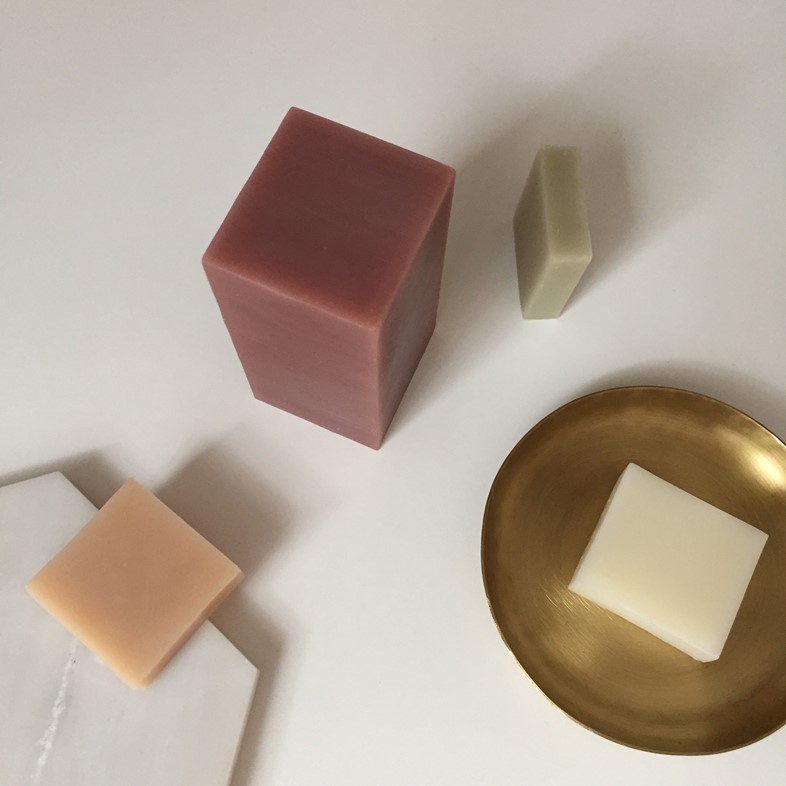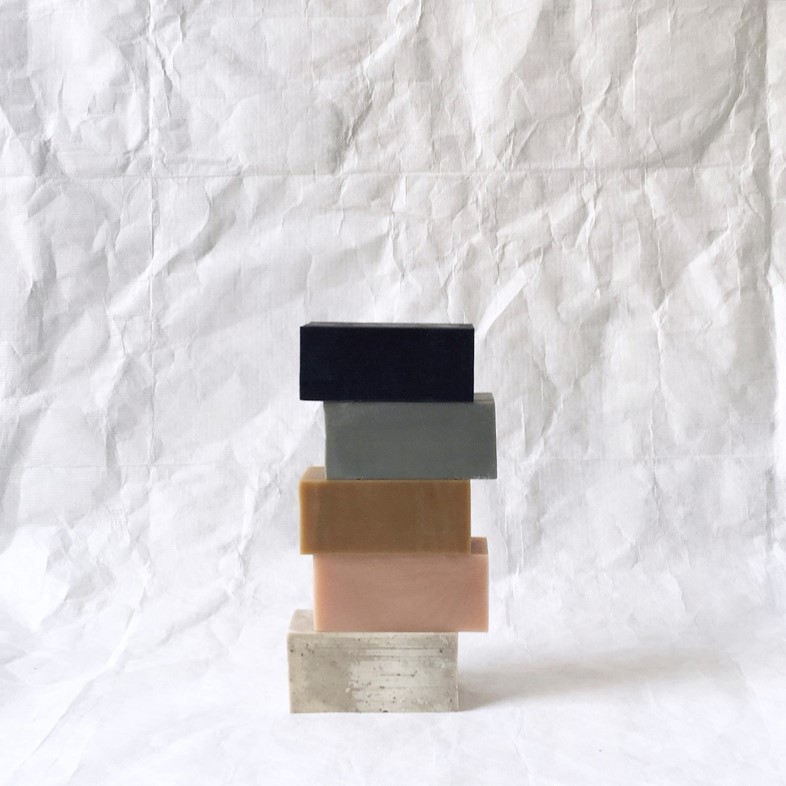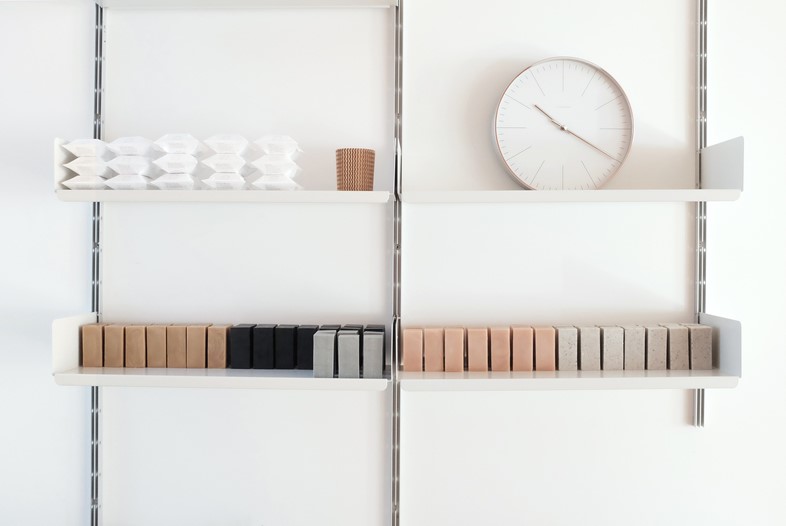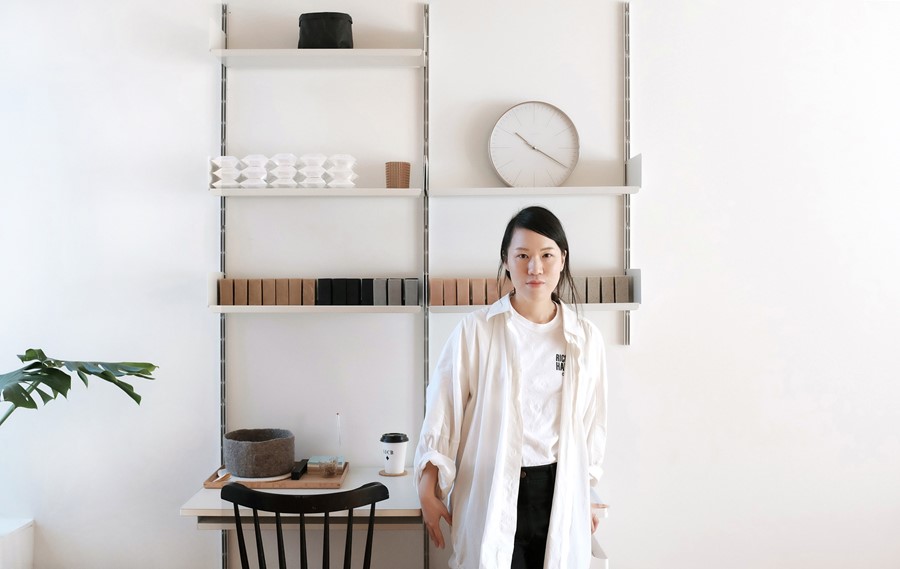Binu Binu is a contemporary and natural soap brand inspired by the female figureheads who underpin Korean culture
- Who is it? Binu Binu, a Korean bathhouse-influenced natural skincare brand created by La Garçonne product director veteran, Karen Kim
- Why do I want it? Modern, sculptural soaps inspired by Korean culture, elevating the bath through both design and function
- Where can I buy it? Online at Binu Binu

Who is it? Korean bathhouse-inspired natural skincare brand Binu Binu, came about when Karen Kim travelled with her mother and aunts to Seok Mo Do, a fishing island off the coast of South Korea. Here, Kim and her family partook in daily bathhouse bathing rituals. “The philosophy behind the cleansing rituals found at the Korean bathhouse really resonated with me as a starting point,” Kim says. “It’s more about lack of vanity and inhibitions, a place of intergenerational bonding, where one comes to simply enjoy the act of bathing. It runs counter to the pampering luxury that North American spas sell. My first visit to one was a revelation; it was incredibly eye-opening to walk around freely, nude, with other women of all ages, with a complete lack of self-consciousness. There’s just this communal spirit, and feeling of incredible relaxation being in a place like this.” Knowing that she wanted to promote this spirit, Kim set out to create Binu Binu with it in mind.

Why do I want it? Achieving the perfect combination of design and functionality, the soaps each belong to a pastel palette and are made from a base of boricha, a Korean tea which is known to be in Korea as important as water. The bars are smooth to the touch and are hand-cut by Kim herself, forming modern blocks inspired by American minimalist artist Donald Judd, adding a sculptural element. “I wanted the product to be an aesthetic object in itself,” Kim shares. “I love the sculptural quality of bar soap, and created our signature monolithic shape. People tell me that they’ve bought two sets of bars – one for use, one for display.”
Kim points out that a main inspiration for her creations come from the strong female role models found in Korean culture – the Shaman Black Charcoal soap combines detoxifying activated charcoal with essential oils of lavender, Himalayan cedarwood and clary sage, which is also the foundation for many purification ceremonies. This soap is inspired by the modern day female shamans of Korea, also known as the Mudang, who are honoured for their healing wisdom. The Haenyeo Sea Woman soap, made with sea salt and peppermint oil, is inspired by the Haenyeo “sea women” divers of Jeju Island. These elderly women dive tank-free, their breath held, to catch fish to sell at the marketplace. The Sujeonggwa soap, on the other hand, mixes ginger oil and cinnamon extract with its key ingredient and prime inspiration – persimmon, a Buddhist symbol of transformation and joy. Meanwhile the Seshin soap is based on the idea of daily ritual and the well-known Korean scrub treatment known as ‘seshin’ – a deeply exfoliating staple treatment at bathhouses.
“I found out that my grandmother made soap on the farm that she ran in rural Korea,” says Kim. “Not that I come from a family of soap-makers – it was more like she made soap out of necessity. My soaps use this same process, but with a modern sensibility.”

Where can I buy it? Online at Binu Binu.
